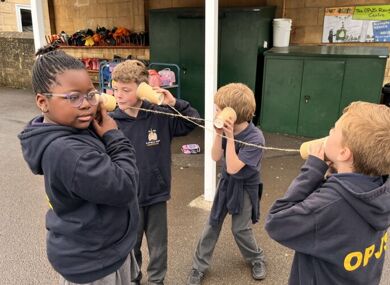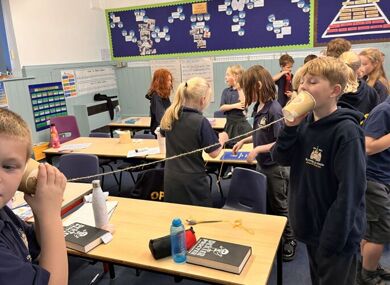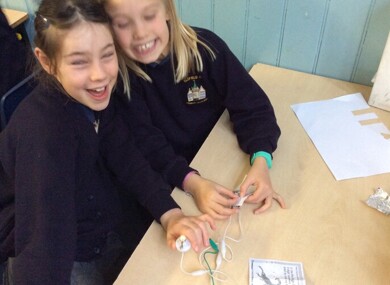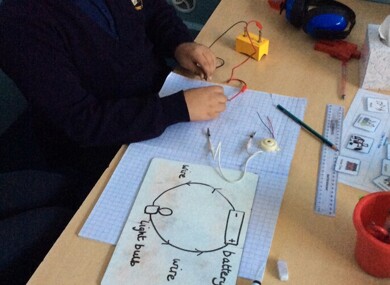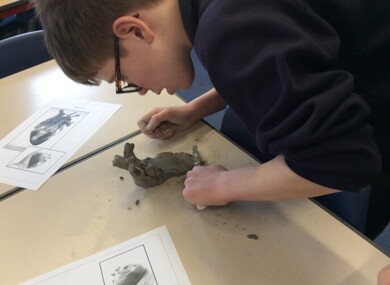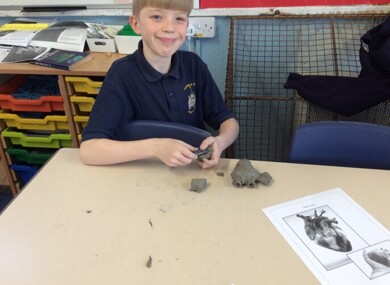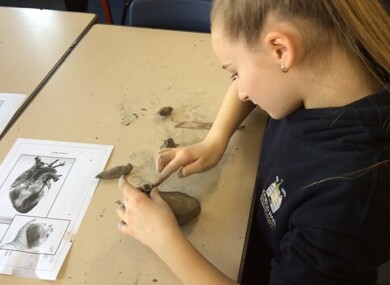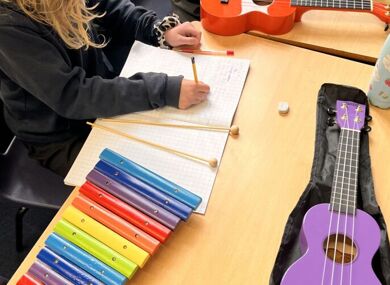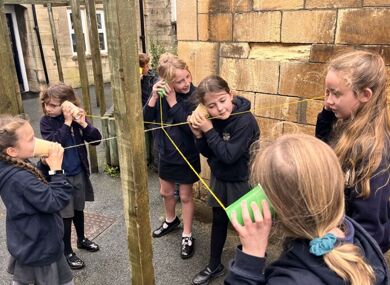- Home
- Children
- Subject Information
Science - Miss Fox
Intent:
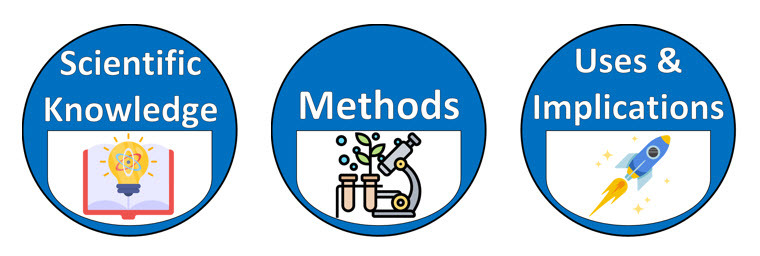
Science Curriculum S-Plan (KS1 to Year 6).pdf
Oldfield Park Junior School understands the need for all pupils to develop their Scientific ability as an essential component of all subjects and as a subject in its own right. A good understanding of scientific knowledge and conceptual understanding helps to support pupils work across the curriculum.
At OPJS we believe that a high-quality science education provides the foundations for understanding the world. Science has changed our lives and is vital to the world’s future prosperity, and all pupils should be taught essential aspects of the knowledge, methods, processes and uses of science. Through building up a body of key foundational knowledge and concepts, pupils should be encouraged to recognise the power of rational explanation and develop a sense of excitement and curiosity about natural phenomena. They should be encouraged to understand how science can be used to explain what is occurring, predict how things will behave, and analyse causes.
Science in our school is about developing children’s ideas and ways of working that enable them to make sense of the world in which they live through investigation, as well as using and applying process skills. The staff at OPJS ensure that all children are exposed to high quality teaching and learning experiences, which allow children to explore their outdoor environment, thus developing their scientific enquiry and investigative skills. They are immersed in scientific vocabulary, which aids children’s knowledge and understanding not only of the topic they are studying, but of the world around them. We intend to provide all children regardless of ethnic origin, gender, class, aptitude or disability, with a broad and balanced science curriculum.
Implementation:
In ensuring high standards of teaching and learning in science, we implement a curriculum that is progressive throughout the whole school.
Planning for science is a process in which all teachers are involved to ensure that the school gives full coverage of, ‘The National Curriculum programmes of study for Science 2014’ and the Palladian Academy Spine. Science teaching at OPJS involves adapting and extending the curriculum to match all pupils’ needs. Where possible, science is linked to class themes and teachers plan to suit their children’s interests, current events, their own teaching style, the use of any support staff and the resources available.
We ensure that all children are provided with rich learning experiences that aim to:
-
Prepare our children for life in an increasingly scientific and technological world today and in the future.
-
Help our children acquire a growing understanding of the nature, processes and methods of scientific ideas.
-
Help develop and extend our children’s scientific concept of their world.
-
Build on our children’s natural curiosity and develop a scientific approach to problems.
-
Develop the use of scientific language, recording and techniques.
-
Develop the use of computing in investigating and recording.
-
Make links between science and other subjects.
Working scientifically skills are assessed throughout the year through teachers’ lesson observations of children.
Impact:
The impact and measure of this is to ensure children not only acquire the appropriate age-related knowledge linked to the science curriculum, but also skills which equip them to progress from their starting points, and within their everyday lives.
All children will have:
-
A wider variety of skills linked to both scientific knowledge and understanding, and scientific enquiry/investigative skills.
-
A richer vocabulary which will enable to articulate their understanding of taught concepts.
-
High aspirations, which will see them through to further study, work and a successful adult life.




